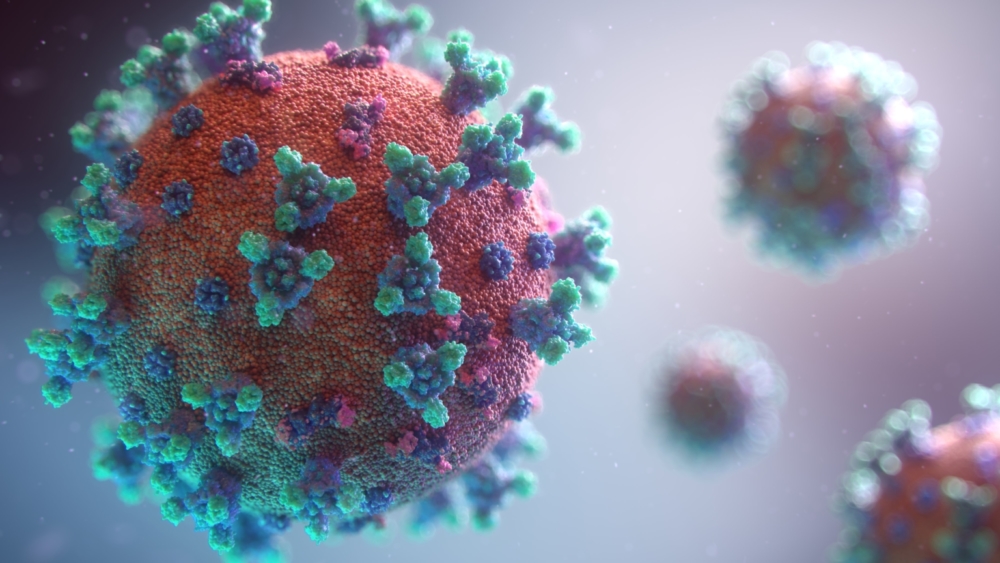#Eco-citizenship #Ecology #Covid_19AndEnvironment
In recent months, the Covid-19 pandemic has shaken the world. Spreading very rapidly, it has put everyone’s life at risk. This health crisis has called into question our way of life, especially our relationship with the environment. An unprecedented situation that has threatened humanity but has also shown that together we can face global warming. What are the effects of Covid-19 on the environment? And what lessons should we learn from it?
The impact of Covid-19 on the economy
Because of this pandemic, which has imposed special measures on all countries, a deep crisis is hitting the world economy. It is first of all a human shock: hundreds of thousands of people have died from this virus, millions of others have been infected. The virality has been very strong. This has involved radical containment, which has meant the cessation of most activities, resulting in a terrible financial collapse. Significant losses were caused in many sectors, including industry, especially in China, the first country affected by the virus. In both Europe and the United States, millions of employees lost their jobs because their companies were unable to maintain sufficient activity due to the very sharp slowdown in consumption and trade. Governments are obliged to release hundreds of billions of euros to save all sectors in danger of bankruptcy, to equip hospitals with the necessary means to treat infected patients or to offer assistance to entrepreneurs. What more can be said about the drop in air transport due to the closure of borders, the fall in oil prices and many other phenomena illustrating the shock of an economic standstill. Consult this article for more information.
Viruses and environment
Although the crisis caused by the virus is violent, it seems that the planet has another point of view. Thanks to the containment and cessation of human activities, the usual negative impact on the environment has diminished surprisingly; a goal that we have not been able to achieve for years. In fact, the economic downturn has reduced greenhouse gas emissions worldwide. The main sources of pollution have been disrupted, namely industry, air, land and sea transport and daily human activity. This has led to a 40 to 50% drop in nitrogen dioxide in March 2020. Also, thanks to the containment, wild animals have regained their freedom, they have been observed in some cities such as Barcelona and Santiago. In addition, photos of water canals in Venice have made the rounds of social networks after a few weeks of confinement; the inhabitants say that “water has never been so transparent”.
And what after containment?
This decrease in pollution on a global scale proves that the main actor is none other than the human being and his activity. It also proves that the pandemic has not only had negative and even atrocious consequences. This leads us to think about our lives differently and to question our pre-Covid lifestyle. The reduction in consumption has clearly shown that even at our level, we can act together for the planet to reduce our environmental impact without external constraints. Why not make the post-crisis period the ideal time for a new start?
Ideas on this subject have been expressed in the community that composes CitizenWave, join them by downloading the CitizenWave application via the following link :


Leave a Reply